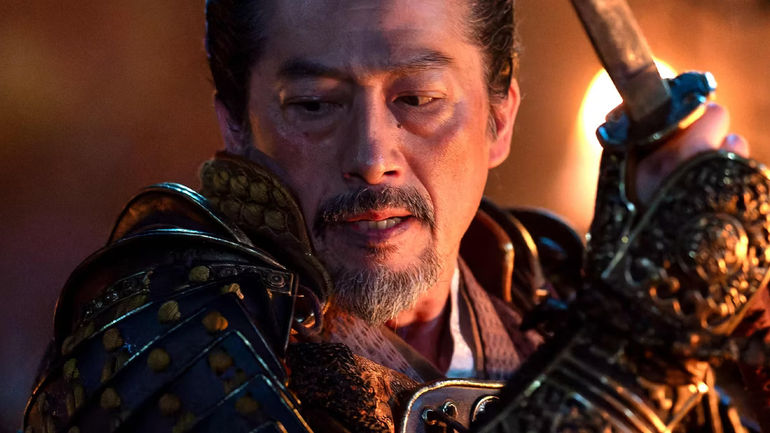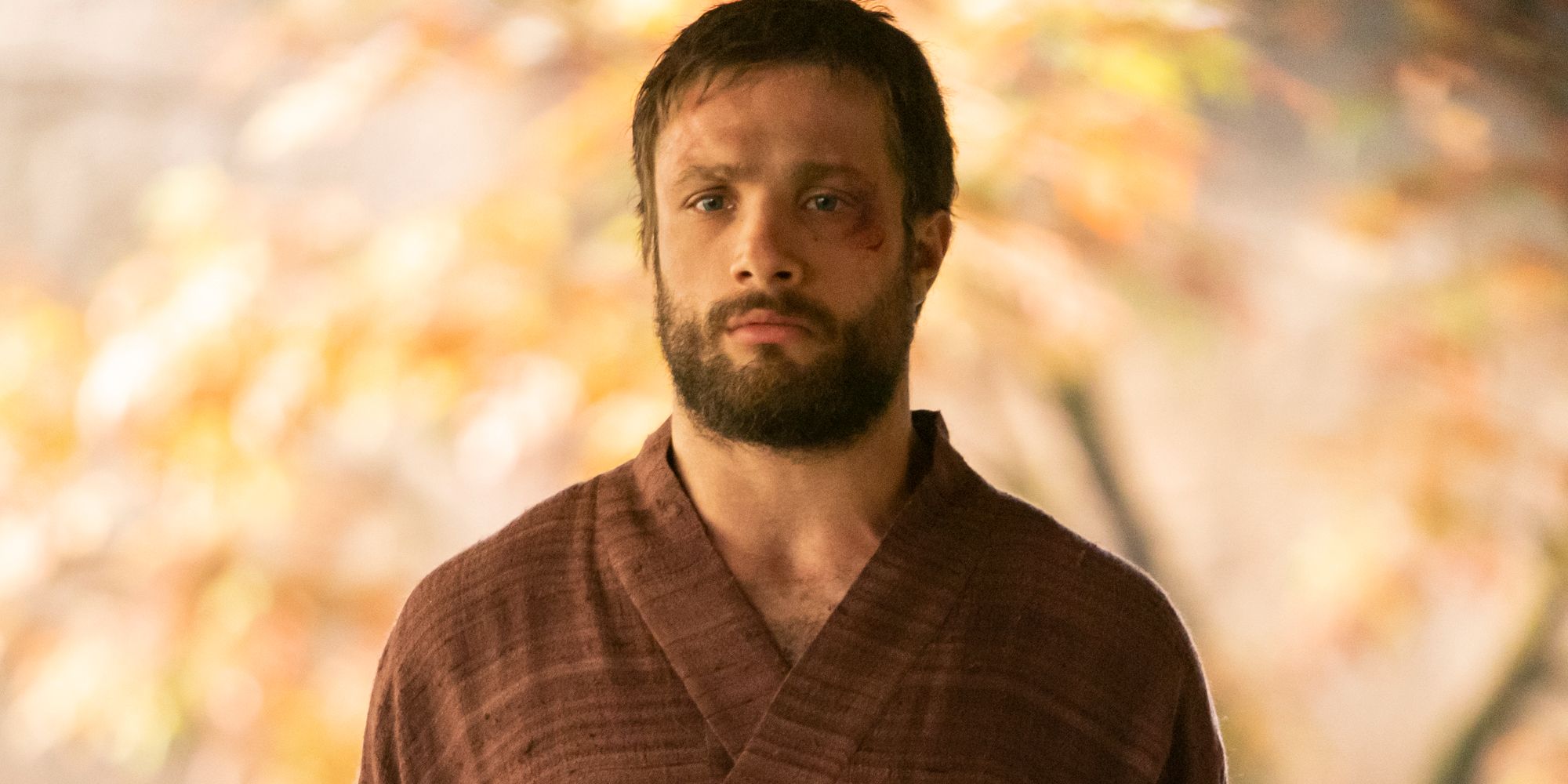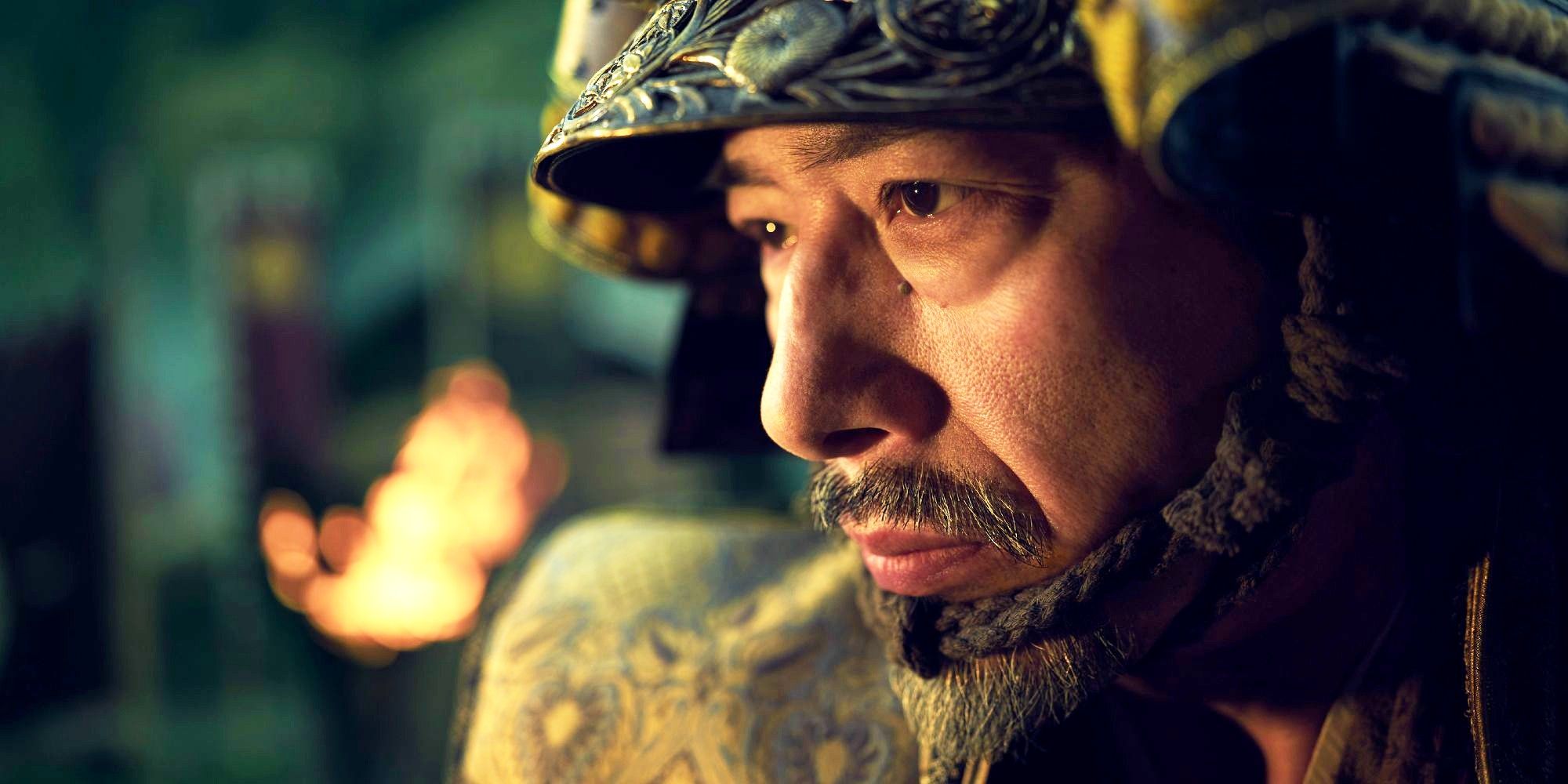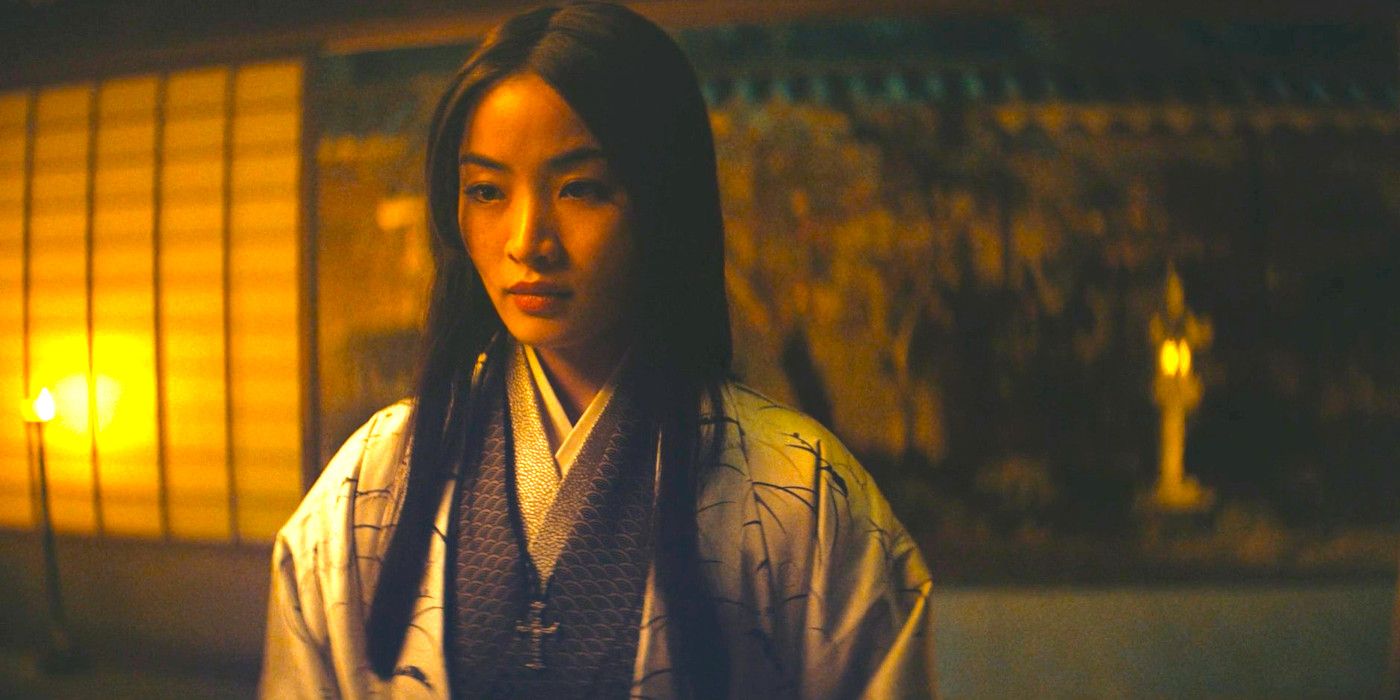
Unveiling the Mystery of Shogun's Amida Assassins: Fact or Fiction?

Explore the enigmatic society of Amida in Shōgun and decipher the truth behind the legendary Amida Assassins. Delve into the intriguing world of Shogun to uncover the reality of this secretive society.
In Shōgun episode 3, the Amida Assassins take center stage in the episode titled "Tomorrow is Tomorrow." This episode is part of the Hulu/FX series, which has gained critical acclaim and is considered one of the most thrilling new shows of 2024. The story continues from the previous episode, "Servants of Two Masters," where John Blackthorne's life was targeted in an attack. Blackthorne, an English sailor who finds himself in Japan by accident, is a key figure in Lord Yoshii Toranaga's plans in Shōgun.
Lord Toranaga faces a treacherous plot by the Council of Regents aiming to prevent him from becoming the new shōgun. They plan to eliminate Toranaga, who is entitled to the position as a Minawara clan descendant. In the midst of this dangerous scheme, John Blackthorne emerges as an unexpected ally and a valuable asset to Toranaga. Despite their initial differences, Blackthorne is eventually promoted to the esteemed rank of Hatamoto, a high-ranking samurai, in episode 3 of Shōgun. The attempt on Blackthorne's life is orchestrated by the secretive society of Amida, a revelation that prompts Toranaga to seek answers from his loyal subordinate and daimyo Kashigi Yabushige.
John Blackthorne standing in front of Lord Toranaga in Shogun episode 2 - Amida Assassins Tried To Kill John Blackthorne In Shogun
Toranaga finds out that the Amida society was responsible for the attempt on John Blackthorne's life at Osaka castle. When he questions Yabushige about the Amida group, the daimyo admits he only knows what people commonly say about them. Yabushige confirms that they are a group of assassins who follow the sacred oaths of Buddha Amida. Toranaga then questions Yabushige's loyalty, especially since he has been secretly collaborating with Toranaga's rival, Ishido Kazunari. Yabushige insists on his allegiance to Toranaga, but Toranaga suspects he may have more information about the Amida attack than he's revealing.
Later in the episode, Toda Mariko sits with John Blackthorne as his wounds are mended by a doctor after the attack on his life. Mariko explains more about the dangerous sect of assassins, claiming that some of them spend their entire lives preparing for just one kill. This seems to be the case in the hit on Blackthorne, as the assassin was revealed to be one of Toranaga's trusted palace maids. Knowing this, it's remarkable that whoever ordered the attack on Blackthorne saw him as a big enough threat to expire an Amida assassin with such access to Toranaga. It's curious why the attack wasn't instead targeted at Toranaga.
The Society Of Amida's Link To Buddhism Explained
A closeup of Lord Toranaga in armor in Shogun - The Society Of Amida's Link To Buddhism Explained
In Amida society, the connection is with a specific sect of Japanese Buddhism centered on lifelong dedication to the Amida Buddha. As described by Tricycle, the Amida Buddha, also known as the Buddha of “immeasurable light,” symbolizes a guiding light for Pure Land Buddhists, shining universally regardless of circumstances. The Pure Land, referred to as Sukhavati, is considered the ideal realm for rebirth, where the path to enlightenment is clear and unobstructed. The Japanese monk Honen established the first Pure Land School in Japan in 1175.
The society of Amida in Shōgun may be seen as a group of religious extremists who believe in using strategic violence to protect their beliefs. However, the foundational values of Pure Land Buddhism do not align with such actions, suggesting that the Amida Society may not be based on real religious killers. In reality, ninjas or shinobi would have been more likely to carry out covert operations. It remains unclear whether the Amida Society ordered the hit on John Blackthorne in Shōgun, or if a third party hired them to do so.
Anna Sawai gazing forward without expression in a scene from Shogun. - Was the Amida Society Based On Real Assassins?
The society of Amida portrayed in Shōgun by James Clavell was a creation for the novel and miniseries. In the story, the Amida Tong were depicted as the most dangerous assassins in Japan at the time. They were hired to eliminate Blackthorne, possibly through a palace maid planted at Toganada's castle. While the Amida society plays a crucial role in episodes 2 & 3 of Shōgun, it is important to note that it is purely fictional and not based on any real group or individuals.
Source: Tricycle
Editor's P/S:
The article delves into the enigmatic world of the Amida Assassins in the captivating third episode of "Shōgun." The intricate plot thickens as Lord Toranaga uncovers the involvement of this secretive society in the assassination attempt on John Blackthorne. The revelation raises questions about the true nature of the Amida group and their motivations. While the article provides insights into the historical context and Buddhism's influence, it remains intriguing to speculate on the complexities that lie within this fictional organization.
The article effectively highlights the fictional nature of the Amida Society portrayed in "Shōgun." While the assassins may not have a historical basis, their presence in the story adds depth and intrigue to the narrative. It prompts readers to consider the potential for religious extremism and the lengths to which individuals may go to protect their beliefs. The article's exploration of the Amida Society ultimately serves to enhance the richness of the "Shōgun" universe and invites viewers to engage in thought-provoking discussions about the complexities of human nature and the role of religion in society.
















